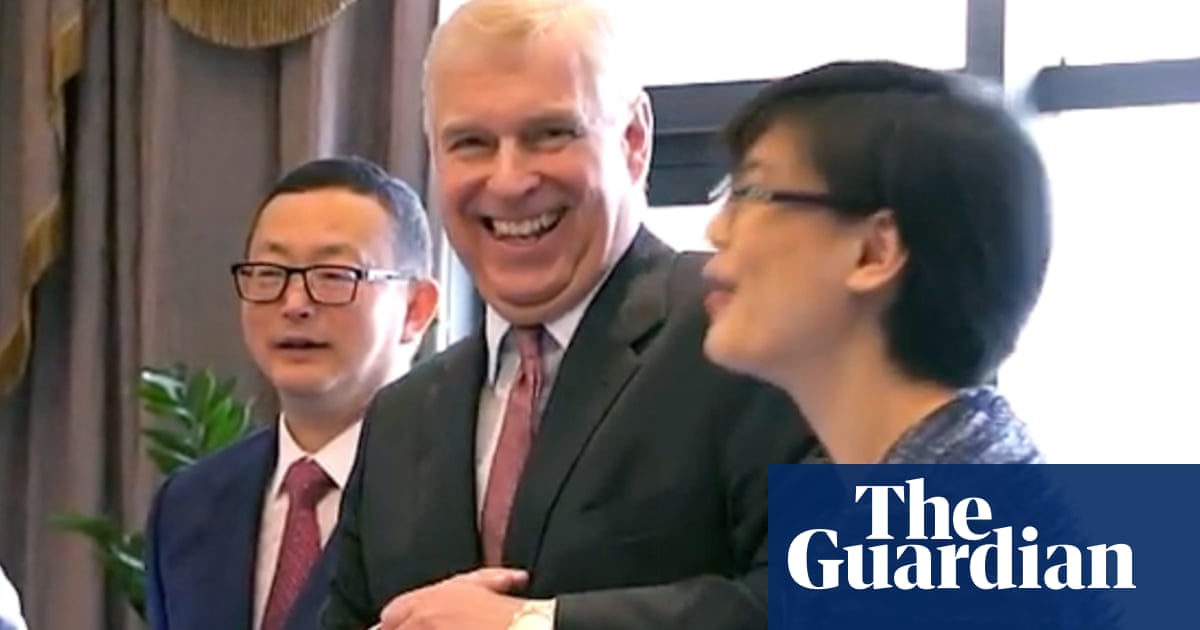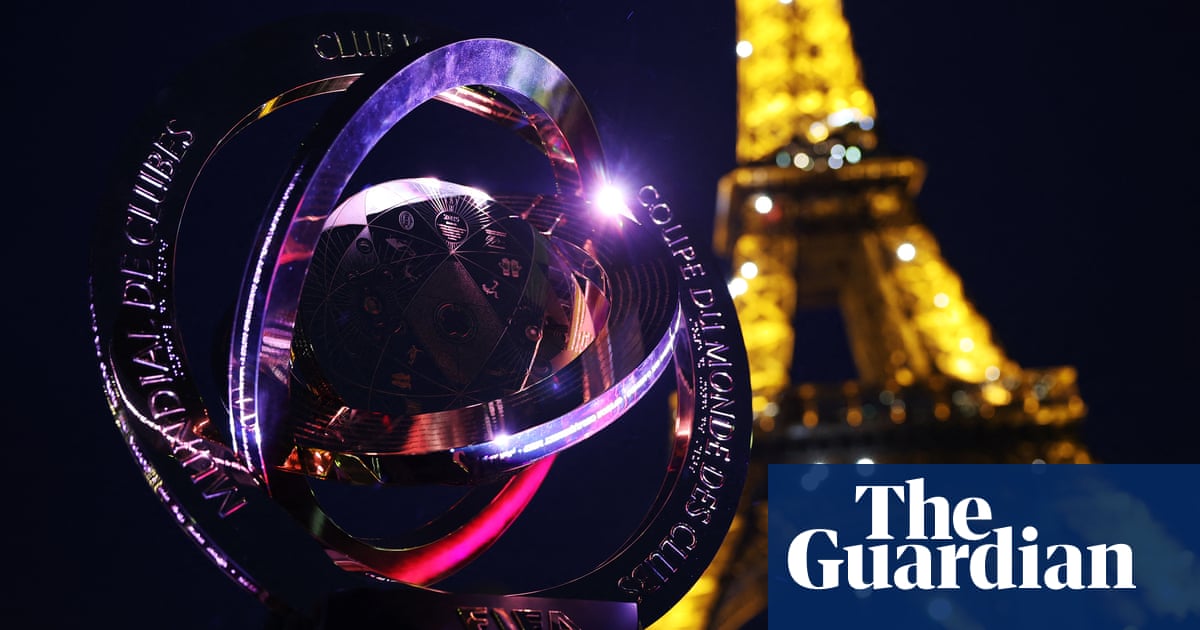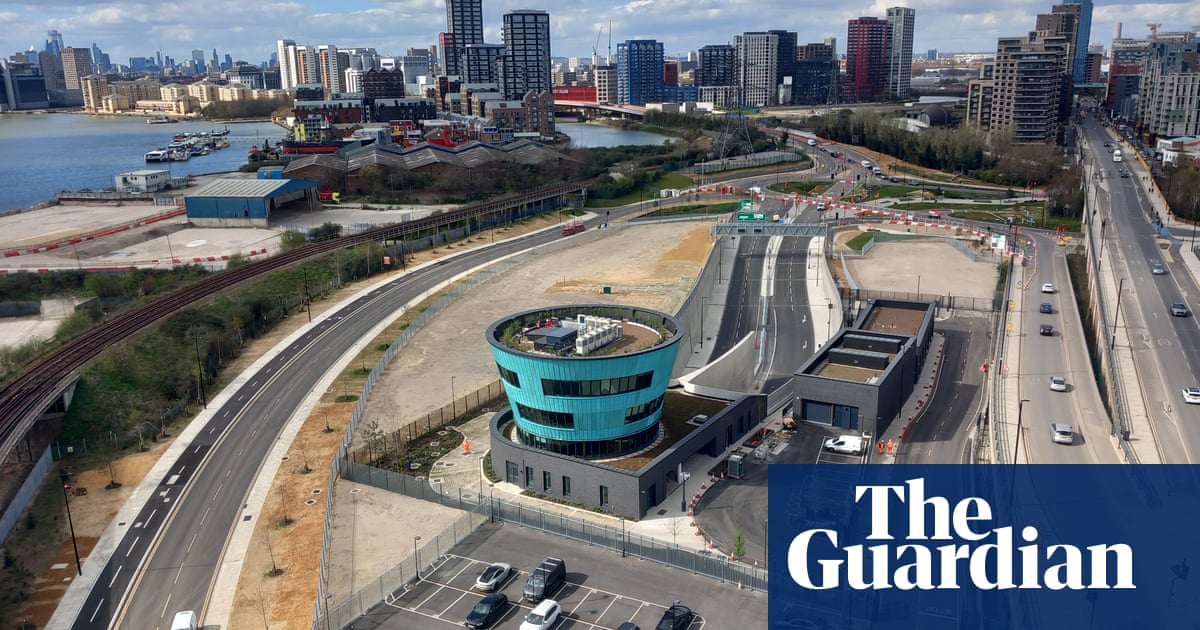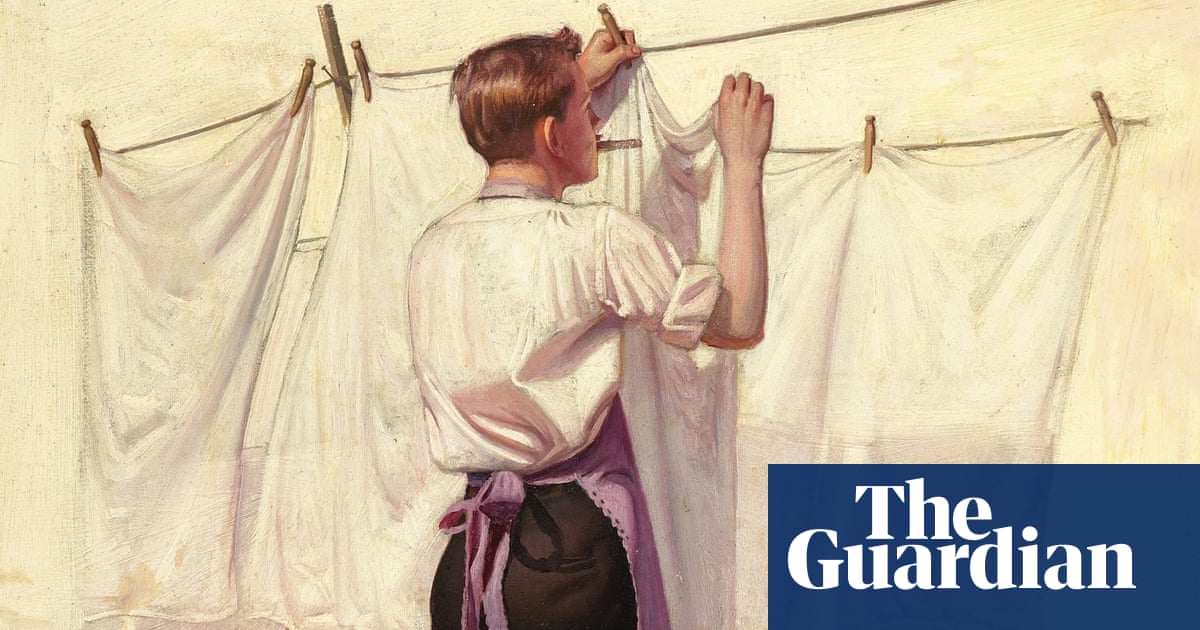Volodymyr Zelenskyy has told the country’s diplomats Ukraine will have to fight to persuade allies to allow it to take up Nato membership, but has described the goal as “achievable” as the country searches for security guarantees to protect it from Russia.
The comments came as the Russian president, Vladimir Putin, vowed to bring more “destruction” to Ukraine after a devastating drone attack on the central Russian city of Kazan and met the Slovakian prime minister, Robert Fico, in a rare visit of an EU and Nato leader to Moscow.
Kyiv says membership in the transatlantic military alliance, or an equivalent form of security guarantee, would be crucial to any peace plan to ensure that Russia does not attack again. Nato has said Ukraine will join it one day, it has not suggested when or issued an invitation.

“We all understand that Ukraine’s invitation to Nato and membership in the alliance can only be a political decision,” Zelenskyy told diplomats in Kyiv on Sunday, adding that the goal was “achievable only if we fight for this decision at all necessary levels”.
Zelenskyy has previously suggested Nato membership could be offered to unoccupied parts of Ukraine in order to end the “hot phase” of the war and last week said after 24 hours of meetings with Nato and EU leaders in Brussels that European pledges to defend Ukraine would “not be sufficient” without US involvement.
He described Nato as Ukraine’s “true guarantee” against Moscow after the Brussels talks. There was “some political will and understanding that Putin is dangerous … and total understanding that he will not stop in Ukraine,” he said.
Zelenskyy’s comments to Ukrainian diplomats on Nato came as the Russian president vowed to respond to a weekend drone attack that hit a luxury block of flats in Kazan, about 1,000km (621 miles) from the frontier, on Saturday.
There were no reported casualties but videos on Russian social media showed drones hitting a high-rise glass building and setting off fireballs in the latest in a series of escalating aerial attacks in the nearly three-year conflict.
“Whoever, and however much they try to destroy, they will face many times more destruction themselves and will regret what they are trying to do in our country,” Putin said during a televised government meeting on Sunday.
Putin has threatened to target the centre of Kyiv with a hypersonic ballistic missile in response to Ukrainian attacks, and Moscow has called Russian attacks on Ukrainian energy facilities, that have threatened to plunge thousands of homes into darkness as winter tightens its grip, retaliatory strikes for Kyiv using western-supplied missiles.
Russian officials also on Sunday said Ukrainian drones had struck a major Russian fuel depot for the second time in just over a week as part of a “massive” cross-border attack on fuel and energy facilities that Kyiv says supply Moscow’s military.
The Kremlin spokesman, Dmitry Peskov, said on Sunday that Fico had arrived in Russia on a “working visit” for talks on “the international situation” and Russian natural gas deliveries. Ukraine announced this year that it would not renew a contract allowing the transit of Russian gas through its territory after 31 December, which has raised fears in Slovakia over its supply.
Visits by EU and Nato leaders to Moscow have been rare since Russia’s full-scale invasion of Ukraine began in February 2022 and the last to make the trip, Hungarian prime minister Viktor Orbán, was condemned by Kyiv and European leaders.
Kyiv has long said being part of Nato’s mutual defence pact, or similar security guarantees, would be vital to any peace plan to ensure Russia does not attack again. Zelenskyy said allies needed to know what Ukraine can bring to the alliance.
The latest threat came as Moscow claimed fresh battlefield advances in the north-eastern Kharkiv region, saying it had “liberated” two villages close to Kurakhove, a key hub that would be a major prize in the Kremlin’s attempt to capture the Donetsk region.
Drone footage has also showed Russian forces executing five Ukrainian prisoners of war after surrender, Kyiv’s human rights commisisoner, Dmytro Lubinets, said on Sunday. He said the guilty Russian soldiers should be brought before an international tribunal.
Russia has accelerated its advance across eastern Ukraine in recent months, seeking to secure as much territory as possible before Donald Trump, who has promised to bring a swift end to the conflict, returns to the White House in January.
Finland’s prime minister, Petteri Orpo, stressed the need for increased defence spending and support for Ukraine and said Russia represented a “permanent and dangerous threat to the EU and European countries”.
Orpo said after a security summit with the bloc’s foreign policy chief, Kaja Kallas, the Swedish prime minister, Ulf Kristersson, Italy’s premier Giorgia Meloni and the Greek prime minister, Kyriakos Mitsotakis, that “the security situation has changed”.
Europe’s defence “must be strengthened by all possible means – we must explore all financial options”, he added, and western allies must “continue to support Ukraine for as long and as much as is needed”.
Kallas concurred, saying Russia “poses a direct threat to European security”. Across Europe, she said, “we see different hybrid attacks – whether it’s sabotage acts, we see cyber-attacks, also dangerous shadow fleet, GPS jamming and damage to cables”.

.png) 3 months ago
28
3 months ago
28













































